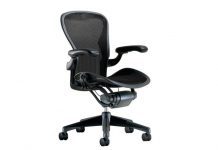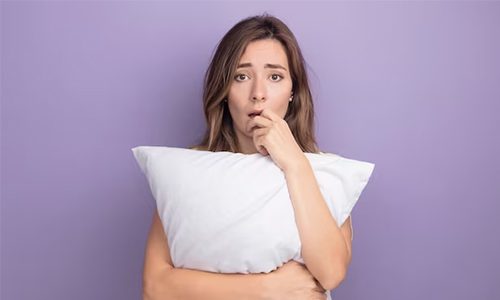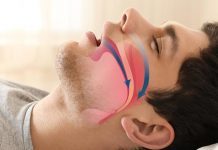Couldn’t sleep a wink last night? Don’t worry you are not alone. Everyone faces this sleepless night often. It might be due to power shortages or a relentless binge-watching of your favorite drama. Whatever the issues, a big night’s sleep will impact the next day. Here are some tips on how to recover from a bad night’s sleep.
Tips for Getting Through the Day After a Bad Night’s Sleep
- Don’t Get Scared
Having sleepless nights now and then is common; you don’t need to brood about that whole day. Feeling irritated and exhausted are common sleep deprivation symptoms. A night’s bad sleep will not cause a major health impact. You can get the sleep the following night. The human body can tolerate the occasional sleepless night. Worrying about the lack of sleep will worsen things even more. Hence, stop regretting, and prepare how you are going to tackle the day.
- Stay Hydrated
Drinking an adequate amount of water helps get rid of the tiredness. Dehydration will drain your stamina, causing moodiness, overeating, and headaches. Staying hydrated keeps your body energized for some time. Apart from these, drinking enough water will benefit you in many ways. Carry a water bottle, and take a sip whenever you feel tired.
- Exercises to Do After a Bad Night’s Sleep
Wondering how to wake up feeling refreshed after a bad night’s sleep? Well, exercise can save you from a night of poor sleep. A bad night’s sleep may drag you back to bed; however, if you pull yourself and hit the gym, you can manage to get through the day after a bad sleep. A brisk walk or jogging may help to minimize the lack of sleep. A morning workout increases blood flow and alerts your body. Besides walking, try stretching, yoga, or zumba dance.
- Foods and Drinks to Help You Recover From a Bad Night’s Sleep
Consuming moderate amounts of coffee will keep you awake and boost up your energy.
Beverages such as soda, black tea, or coffee, may help to increase alertness. Stick to two to three cups per day; don’t exceed the limit. Besides beverages, nuts and dry fruits could be a healthy option. Not only nuts, you can also have your favorite fruits.
- Avoid Driving
Don’t drive if you feel drowsy. Try to take public transport or a taxi, if you are unsure about your ability. Driving with sleepiness will lead to accidents. It is better to avoid driving in the afternoon since it is natural to feel sleepy around 1 to 2 p.m.
Take breaks
You may feel tired after a bad sleep, and find it difficult to concentrate on your activities. Taking a small break may help you divert from a bad night’s sleep.
- Take a Short Walk. Go outdoors and get sunlight, it will trigger alertness in the brain.
- Do Simple Workouts. Try doing simple workouts like stretching. Don’t be involved in any rigorous workouts amid the tiredness as it may cause injury.
- Take a Catnap. Taking a small nap for 20 to 25 minutes will help recover from bad sleep. Ensure it is short, sleeping more than that will trigger drowsiness.
- Don’t Take Too Much of Sweets.
It is common to crave sugar after a bad sleep. Sugar will kick up your energy, but it will not be effective. The sudden energy you get stays only for a while and worsens the tiredness. Rather take a light meal with protein-rich foods and a bowl of fruits.
- Simplify Your Day
Your energy level will be down after a bad night’s sleep. So it is better to do some important tasks the next day. If you have more tasks on that day, limit the numbers to two or three.
With few things on the list, it will be easy to focus on them. Additionally, do not make any important decisions until you feel stable.
How to Make Up for Lost Sleep?
Try to sleep well that night as it is the only way to recover from the bad sleep. Plus, do not exceed the time; stick to the same sleep schedule.
Bottom Line
It is okay to have a bad night’s sleep occasionally, but if it continues it might be a sleeping disorder that needs to be treated. Follow some sleep hygiene practices to prevent bad sleep. Also, check this blog to learn 5 simple tips for better sleep.























